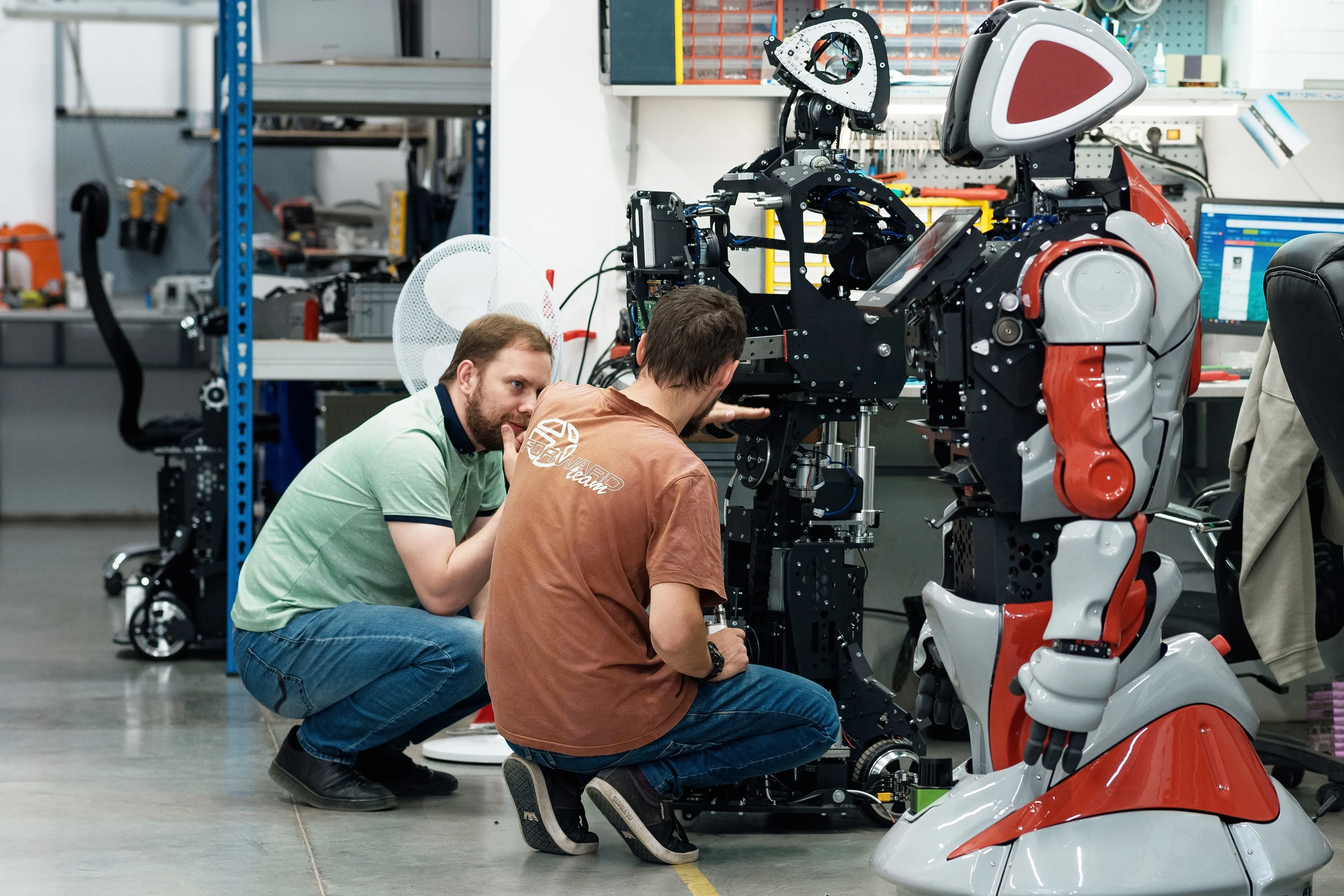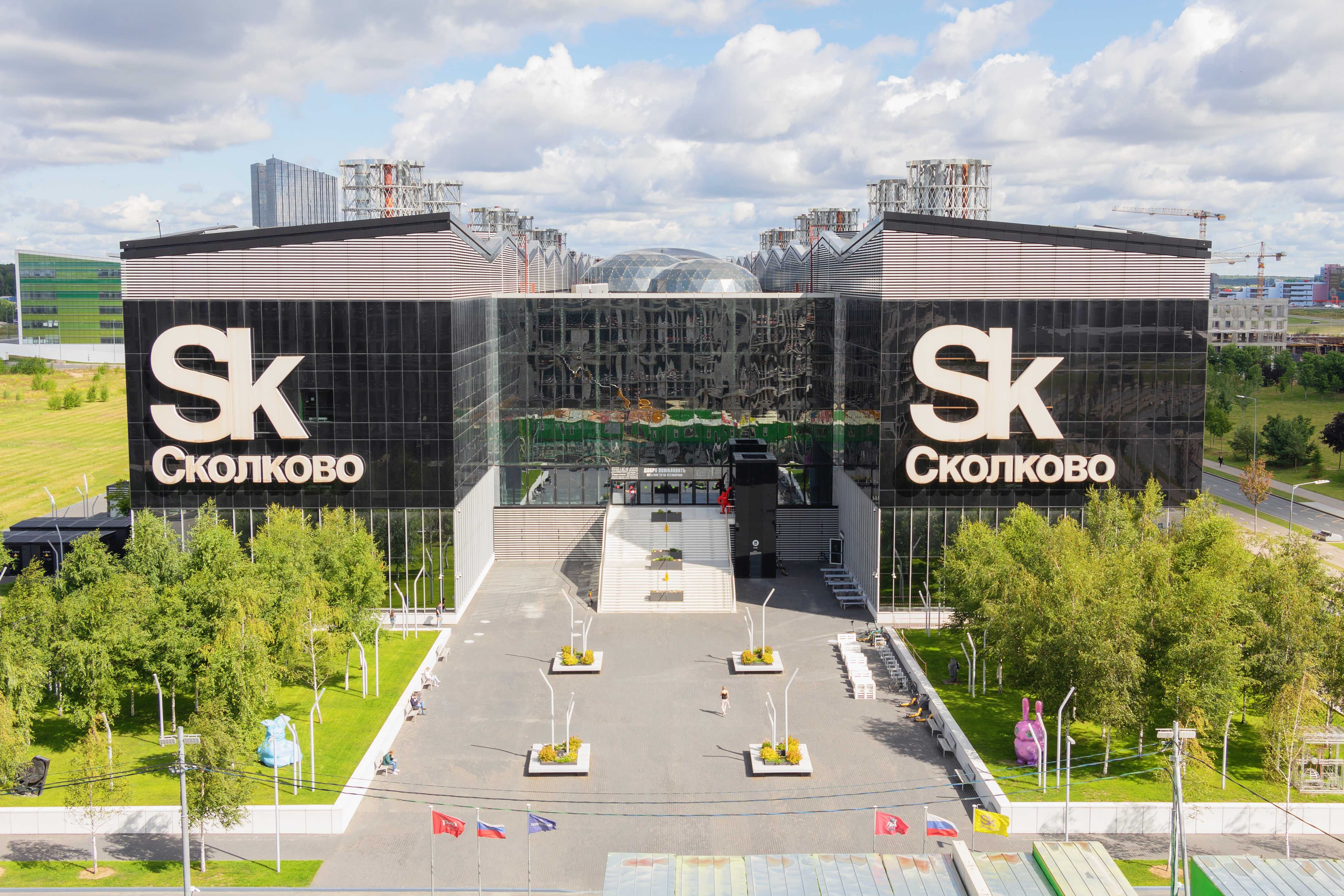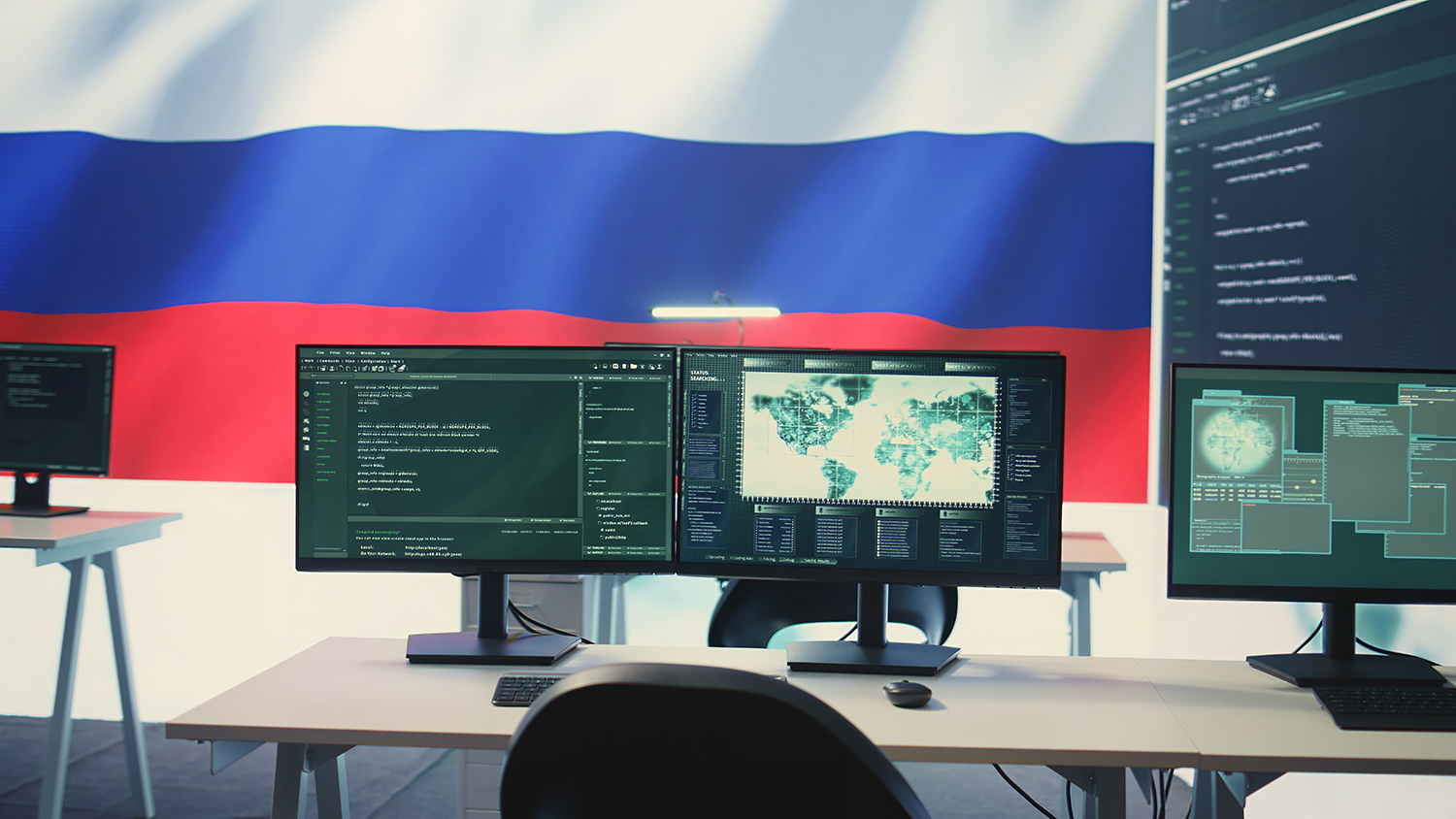From the Classroom to the Metaverse: Russia’s Push to Digitize Vocational Education

Russia is undertaking a sweeping digital transformation of vocational education, creating a future-ready workforce with the help of cloud platforms, smart classrooms, and real-time employer feedback.
Cyber Campuses and Regional Leaders
Vocational schools across Russia are embracing digitalization. From smart scheduling to online simulations, technology is redefining how students learn and how institutions prepare them for a modern workforce. Leading the charge is the Moscow Region, which launched a regional digital platform even before the pandemic. This system now supports 450 e-courses across disciplines from engineering to social work, making remote and personalized learning accessible at scale.
Tatarstan has developed a unified digital educational environment that merges online courses, electronic gradebooks, and employer engagement tools. Dual-track education is now the norm, with theory delivered digitally and practice gained in real-world work environments. The digital layer allows for constant updates to curricula in response to labor market needs.
In Belgorod, modernization projects have equipped colleges with interactive hardware, high-speed computers, and software tools. Educator training is also prioritized to ensure tech is used effectively in the classroom.

Cloud Libraries and Custom LMS Tools
In 2024, Russian tech company 1C launched a cloud-based Digital Library of Educational Content for vocational institutions. Hosted on the '1C:Education' platform, it features ready-to-use courses in programming, accounting, management, and other high-demand fields. Content can be easily tailored to local academic needs.
Many institutions are also building their own Learning Management Systems (LMS). These custom platforms offer flexible course management, performance tracking, automated testing, and certification. Locally developed LMS tools are particularly valuable in regions with unique industry requirements or educational formats.
Online learning tools empower students to progress at their own pace, revisit challenging content, complete supplementary modules, and engage in virtual labs. These labs simulate real industrial processes, providing hands-on experience critical for technical training.
Enhanced employer engagement is a key benefit. In Tatarstan and the Moscow Region, platforms allow businesses to co-design training modules, offer internships, host expert sessions, and evaluate students during the learning process.

Bridging the Digital Divide
Despite strong progress, challenges remain. Chief among them is the shortage of high-quality digital content. Many colleges still lack sufficient up-to-date material across all specialties, and developing new courses demands time, funding, and expertise.
Digital inequality also persists. While well-funded urban areas deploy advanced tools, remote regions struggle with limited internet, outdated equipment, and understaffed tech teams. This threatens to widen the skills gap across the country.
Educator readiness is another bottleneck. Many teachers lack the digital skills needed to fully leverage new technologies. Regular training, methodological support, and digital competence centers embedded within institutions are essential.
"Education needs a new kind of leader," says Irina Abankina, lead researcher at the Center for Financial and Economic Solutions in Education. "Traditional methods won’t work in a digitally native world. We need people who think and manage differently."
Scaling successful regional models will require stronger coordination among the Ministry of Education, local governments, and private sector partners. A unified national digital ecosystem based on open standards and shared resources could make advanced educational technologies available to all Russian learners, regardless of geography.









































